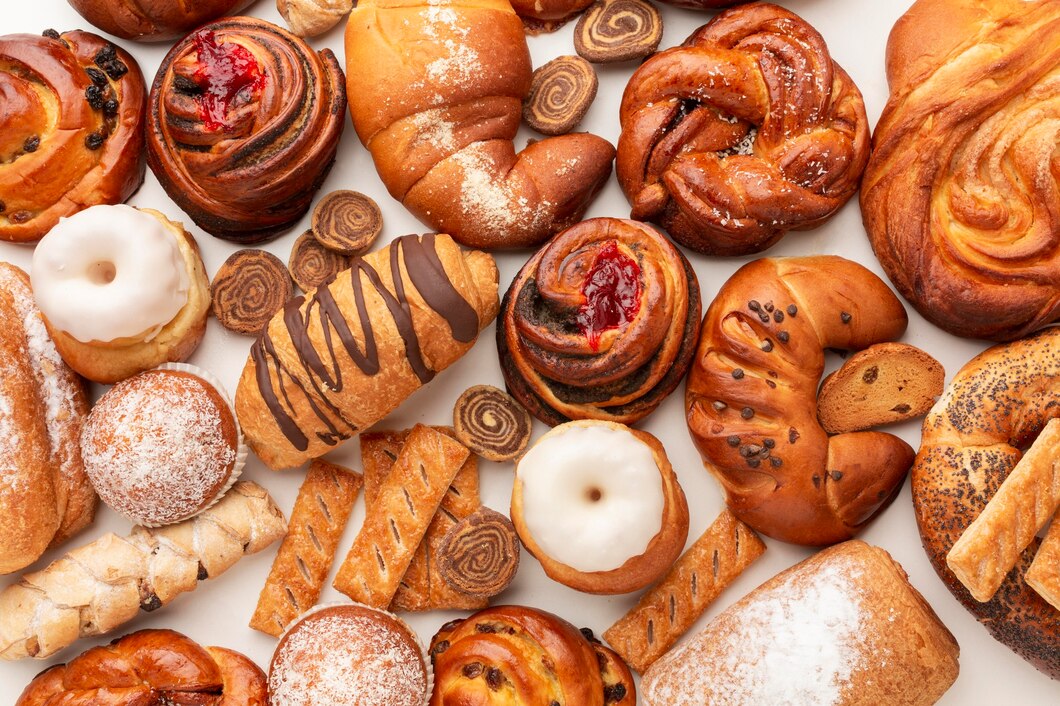Maintaining hormonal balance is crucial for overall health and well-being. Hormones regulate many bodily functions, including metabolism, mood, and reproductive health. However, certain foods can disrupt this delicate balance, leading to a variety of health issues. Here’s a guide to 20 foods that South Africans should avoid or limit to maintain optimal hormonal balance.
1. Refined Sugars
Refined sugars, found in sweets, soft drinks, and many processed foods, cause insulin spikes, leading to insulin resistance over time. This disrupts the balance of hormones like insulin and can contribute to weight gain and other metabolic issues.
2. Processed Foods
Highly processed foods often contain artificial additives, preservatives, and unhealthy fats that can interfere with hormone production and regulation. These foods also tend to have low nutritional value, exacerbating hormonal imbalances.
3. Soy Products
While some soy can be beneficial, overconsumption may lead to an excess of phytoestrogens, plant-based compounds that mimic estrogen in the body. This can disrupt the natural balance of estrogen and other hormones, particularly in women.
4. Dairy Products
Conventional dairy products often contain hormones like estrogen and progesterone, which can affect your own hormone levels. Additionally, the high levels of saturated fat in full-fat dairy can contribute to hormone disruption.
5. Caffeine
Excessive caffeine intake, especially from coffee and energy drinks, can lead to elevated cortisol levels, the stress hormone. Chronic high cortisol can interfere with other hormone functions, leading to issues like adrenal fatigue.
6. Alcohol
Alcohol disrupts the balance of hormones like insulin and estrogen. It can also affect your liver’s ability to detoxify the body, leading to a buildup of estrogen and other hormone-disrupting substances.
7. Trans Fats
Found in fried foods, baked goods, and margarine, trans fats can lead to inflammation and insulin resistance, both of which negatively impact hormonal balance.
8. Artificial Sweeteners
Artificial sweeteners, such as aspartame and sucralose, can interfere with insulin sensitivity and may disrupt gut bacteria, which play a crucial role in hormone regulation.
9. Non-Organic Produce
Non-organic fruits and vegetables are often sprayed with pesticides and herbicides, many of which can act as endocrine disruptors, interfering with hormone production and balance.
10. Red Meat
While red meat can be part of a healthy diet, consuming too much, particularly processed red meat, can lead to increased levels of certain hormones, such as insulin-like growth factor (IGF-1), which has been linked to hormone-related cancers.
11. White Bread and Pasta
Refined carbohydrates, like those found in white bread and pasta, can cause rapid spikes in blood sugar and insulin levels, disrupting hormonal balance and leading to insulin resistance over time.
12. Commercial Baked Goods
Many commercial baked goods contain a combination of refined sugars, trans fats, and preservatives, making them particularly harmful to hormonal balance.
13. Plastic-Packaged Foods
Foods packaged in plastic can absorb chemicals like BPA and phthalates, which are known endocrine disruptors. These chemicals can leach into food and beverages, disrupting hormones like estrogen and testosterone.
14. Excess Salt
While some salt is necessary, too much can lead to high blood pressure and affect the balance of hormones that regulate fluid balance in the body, such as aldosterone.
15. Fried Foods
Fried foods are often high in unhealthy fats, particularly trans fats, which can lead to inflammation and disrupt hormone production, particularly those involved in metabolism and reproductive health.
16. Sugary Breakfast Cereals
Many breakfast cereals marketed as healthy are actually high in sugar and refined carbohydrates, leading to insulin spikes and subsequent hormone imbalances.
17. Non-Organic Meat
Conventional meat can contain added hormones and antibiotics, which can disrupt your hormonal balance when consumed regularly. Opt for organic, hormone-free options where possible.
18. High-Glycemic Fruits
Fruits like watermelon, pineapple, and mango have a high glycemic index, which can cause blood sugar spikes and disrupt insulin levels. While they can be part of a healthy diet in moderation, they should be consumed in smaller portions if you’re concerned about hormonal balance.
19. Energy Drinks
Energy drinks are loaded with sugar, caffeine, and artificial ingredients, all of which can wreak havoc on your hormones, especially if consumed regularly.
20. Gluten
For those with gluten sensitivity or celiac disease, gluten can cause inflammation and disrupt gut health, which in turn can affect hormone regulation. Even those without gluten sensitivity may find that reducing gluten intake improves hormonal balance.
Achieving and maintaining hormonal balance is a multifaceted process that involves a healthy diet, regular exercise, and managing stress levels. By avoiding or limiting the consumption of these 20 foods, South Africans can help support their hormonal health and overall well-being. Remember, it’s not about eliminating these foods entirely but rather consuming them in moderation and focusing on a diet rich in whole, unprocessed foods.








